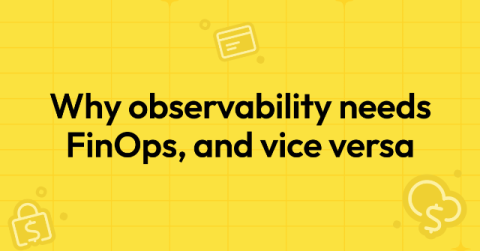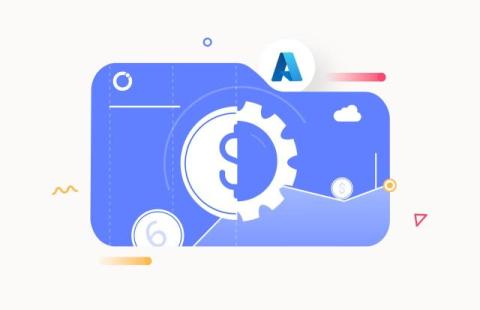The FinOps guide to DevOps | Part 1: Cloud infrastructure concepts
The rise of cloud computing has revolutionized the way organizations deploy and manage applications. This led to the emergence of DevOps and FinOps as critical disciplines within modern IT environments. DevOps aims to streamline the development lifecycle and enable continuous, high-quality code delivery. To support that, DevOps engineers often own the cloud infrastructure – where cloud costs are generated.











